Here’s What You Can Do If Your Condo TOP Is Delayed
May 26, 2020
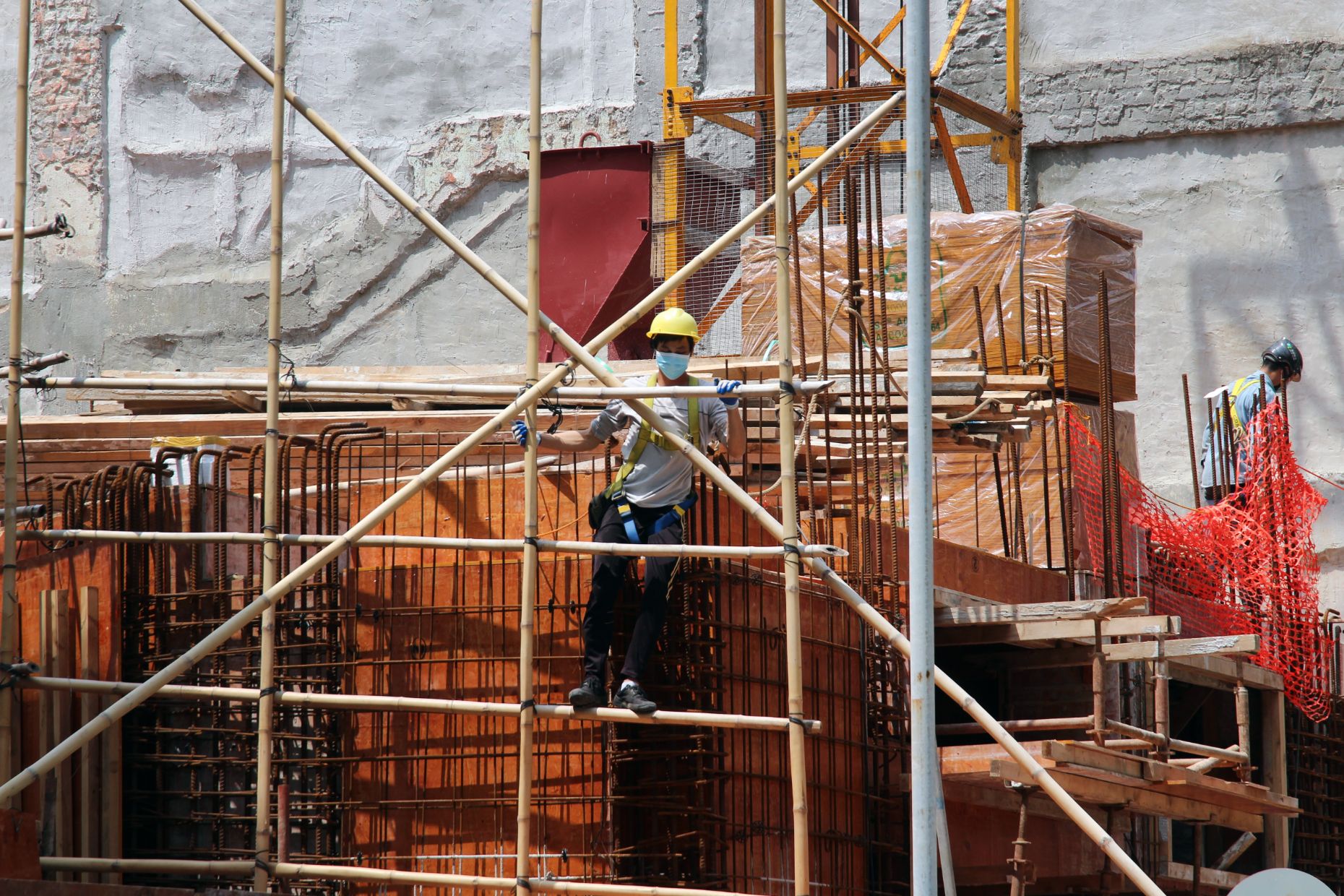
You’re supposed to move in next month, but then Covid-19 struck. Or maybe your condo’s main contractor has gone bust, setting back the timeline while the developer scrambles to find a new one. In extreme cases, like with Sycamore Tree and Laurel Tree, your condo TOP delay can even end up being permanent (but that’s very unlikely).
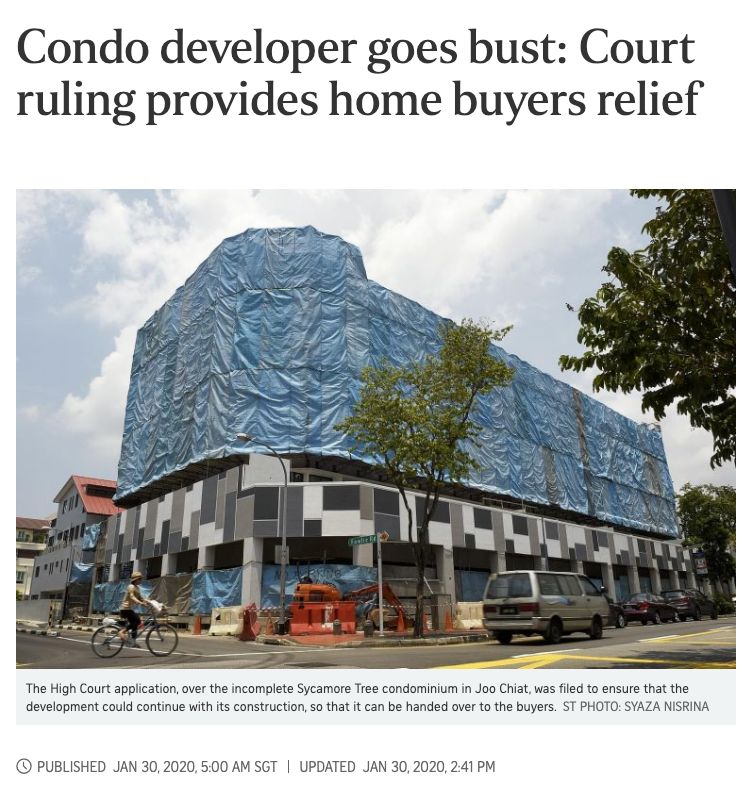
In this article, we look at some steps you can take if you condo TOP date is delayed:
Step 1: Update yourself on the terms and conditions regarding Liquidated Damages
The Delivery of Vacant Possession (when you get your keys) is stated in your Sale & Purchase Agreement (S&PA). Note that it’s this particular date, and not the estimated condo TOP date, that’s important.
If you go past this date without getting your keys, and it’s solely due to the fault of the developer, then you’re often entitled to Liquidated Damages (LD). This is also referred to as Late Completion Interest.
The S&PA is governed by the Housing Developers (Control and Licensing) Act, so there is a standardised form. However, developers can approach the Controller of Housing to make changes, so it’s always best to read through your contract terms carefully.
The LD applies an interest rate of eight ten per cent per annum on a Relevant Sum the sum of instalments paid, prorated to fit the number of days delayed*.
(Relevant Sum = Purchase price – Any payments already made).
Make sure you understand the amounts involved, and clarify if your situation allows you to claim this. You can approach your conveyancing lawyer to help with this.
*An older version of this contract uses a rate of 10 per cent.
Special Covid-19 note:
Normally, the S&PA does not include a force majeure clause that will excuse any delays due to epidemics (something that we’re sure will be reviewed after this outbreak).
This means that under regular circumstances, buyers would be entitled to ask for compensation, even with the Covid-19 situation.
However, property developers have been granted six months’ extension on many contractual obligations, including project completion (because worksites had to be closed during the Circuit Breaker). Your conveyancing lawyer will be able to tell you If the developer has been protected by this, or whether you can still push for damages.
In any case, do be aware of what you’re entitled to, if there’s anything at all.
Be sure to like us on Facebook, as we’ll update you about this (or any latest changes in the property market) as they unfold.
Step 2: Contact the developer and start getting details in writing
The developer is responsible for further updating you on the situation. They will usually give a new date of completion, along with the reasons involved.
Knowing this can inform your other decisions, such as whether to renew your lease (if you’re renting), or when to start marketing the property (if you’re looking for a tenant).
Keep any such details in writing, such as on emails or text messages. Hopefully the situation never gets to court; but if there’s a future legal entanglement, you’ll want a timeline and digital trail of what was communicated to you, and by whom.
Step 3: Work out if it’s reasonable to extend your lease
If the delay is not expected to be long, such as a few weeks or a month, it may not be worth extending your lease.
Some people stay with their in-laws for a few weeks, while waiting for key collection. If you’re single, you may have friends that let you couch-surf (e.g. stay for a few days at each friend’s home), which can keep you sheltered for a few weeks at no huge cost.
(If you’re couch-surfing, or crashing with the in-laws, you can use a storage company to hold your bulkier items in the meantime).
If you’re selling your previous home, don’t forget to try asking your buyers for help. Some buyers don’t mind you staying on longer for a small consideration; this might be easier and more comfortable than having to go out and find a place to rent.
Step 4: Coordinate with your property agent or change up your marketing plans (if you’re a landlord)
If you’re not a landlord, you can skip this bit. Otherwise, it’s time to have a sit down with your property agent, and rethink your marketing. You usually want to start marketing your property about six weeks before it’s available; this gives you a comfortable amount of time to draw views, get enquiries, etc.
Change your plans and materials to fit the new date of completion. This can sometimes work in your favour; for example, an upcoming MRT station or hawker centre may now be completed by the time your property’s available.
If you don’t use a property agent, remember not to refresh or buy any more listings online, until closer to the date itself.
If you already have a tenant who’s waiting to move in (wow, you move fast), you’ll have to communicate the situation to them. You might have to make some small considerations, like waiving part of the rent, if they agree to wait until your unit is ready. This can be cheaper than having to find a new tenant entirely; especially in situations like a Covid-19 outbreak.
Step 5: Get in touch with other buyers
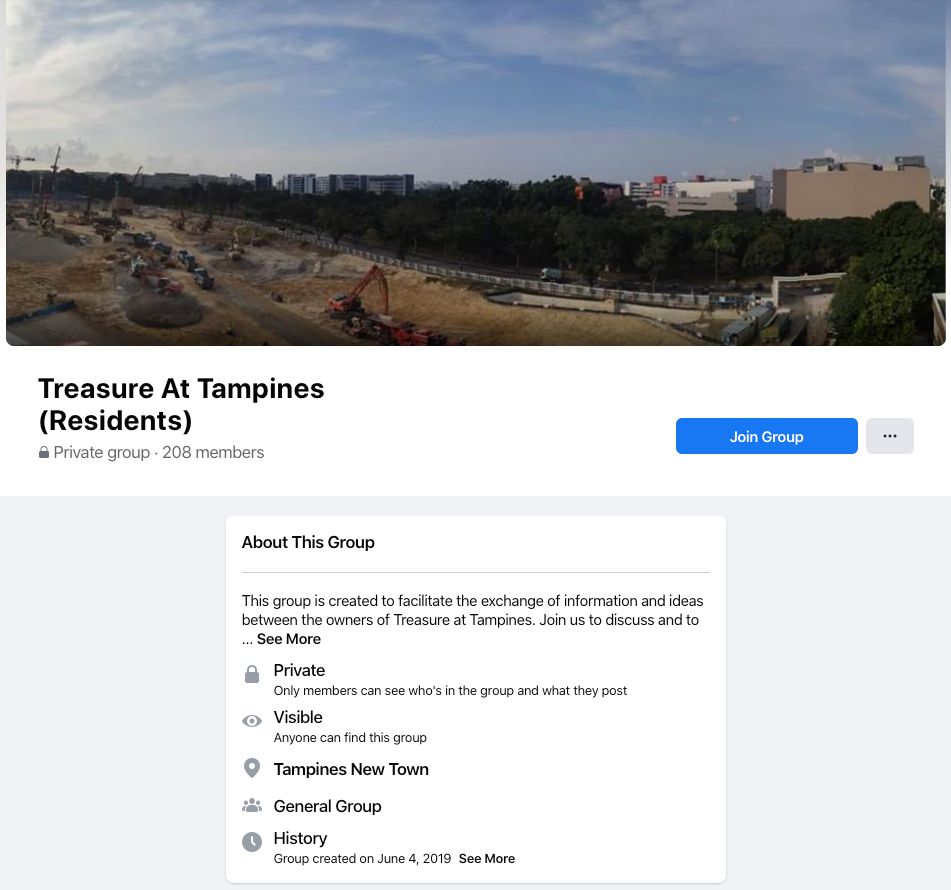
There’s a limit to what you can do on your own. So head out on social media or other channels, and try to reach out to others who are facing the same delays.
This will give you more eyes on the development (there’s often somebody in the group who lives nearby, and can take pictures of the site). They can also help to update you on any announcements you’ve missed, or changes you’re unaware of.
(There have been cases where some buyers were blissfully unaware of the compensation they were supposed to have received, collecting it only two or three months later than others).
Most importantly, being in touch with the buyers ensures you can take decisive collective action if it turns out to be another Sycamore Tree / Laurel Tree situation. A more cohesive group of buyers will put everyone in a better position to press Ministers of Parliament for support, settle on a law firm for collective action, etc.
As a pre-emptive step, always save up a bit more than you need for accommodations

When you’re about to be between homes, try to save up about six months of your rent / accommodation costs in an emergency fund. If there’s a delay, six months is a good amount of time for the developer to finish their job.
If things go well and you move in on time, you can tap into the fund to cover the cost of furnishings or renovation. You may even be able to skip taking a reno-loan and save some money.
For more advice on property issues – or if you need some urgent help finding temporary accommodations now – contact us on Stacked. We provide in-depth reviews of Singapore’s top properties, as well as industry insights to guide your decisions.
At Stacked, we like to look beyond the headlines and surface-level numbers, and focus on how things play out in the real world.
If you’d like to discuss how this applies to your own circumstances, you can reach out for a one-to-one consultation here.
And if you simply have a question or want to share a thought, feel free to write to us at stories@stackedhomes.com — we read every message.
Ryan J. Ong
A seasoned content strategist with over 17 years in the real estate and financial journalism sectors, Ryan has built a reputation for transforming complex industry jargon into accessible knowledge. With a track record of writing and editing for leading financial platforms and publications, Ryan's expertise has been recognised across various media outlets. His role as a former content editor for 99.co and a co-host for CNA 938's Open House programme underscores his commitment to providing valuable insights into the property market.Need help with a property decision?
Speak to our team →Read next from Property Advice

Property Advice We Can Buy Two HDBs Today — Is Waiting For An EC A Mistake?

Property Advice I’m 55, Have No Income, And Own A Fully Paid HDB Flat—Can I Still Buy Another One Before Selling?

Property Advice We’re Upgrading From A 5-Room HDB On A Single Income At 43 — Which Condo Is Safer?

Property Advice We’re In Our 50s And Own An Ageing Leasehold Condo And HDB Flat: Is Keeping Both A Mistake?
Latest Posts

Pro We Compared Lease Decay Across HDB Towns — The Differences Are Significant
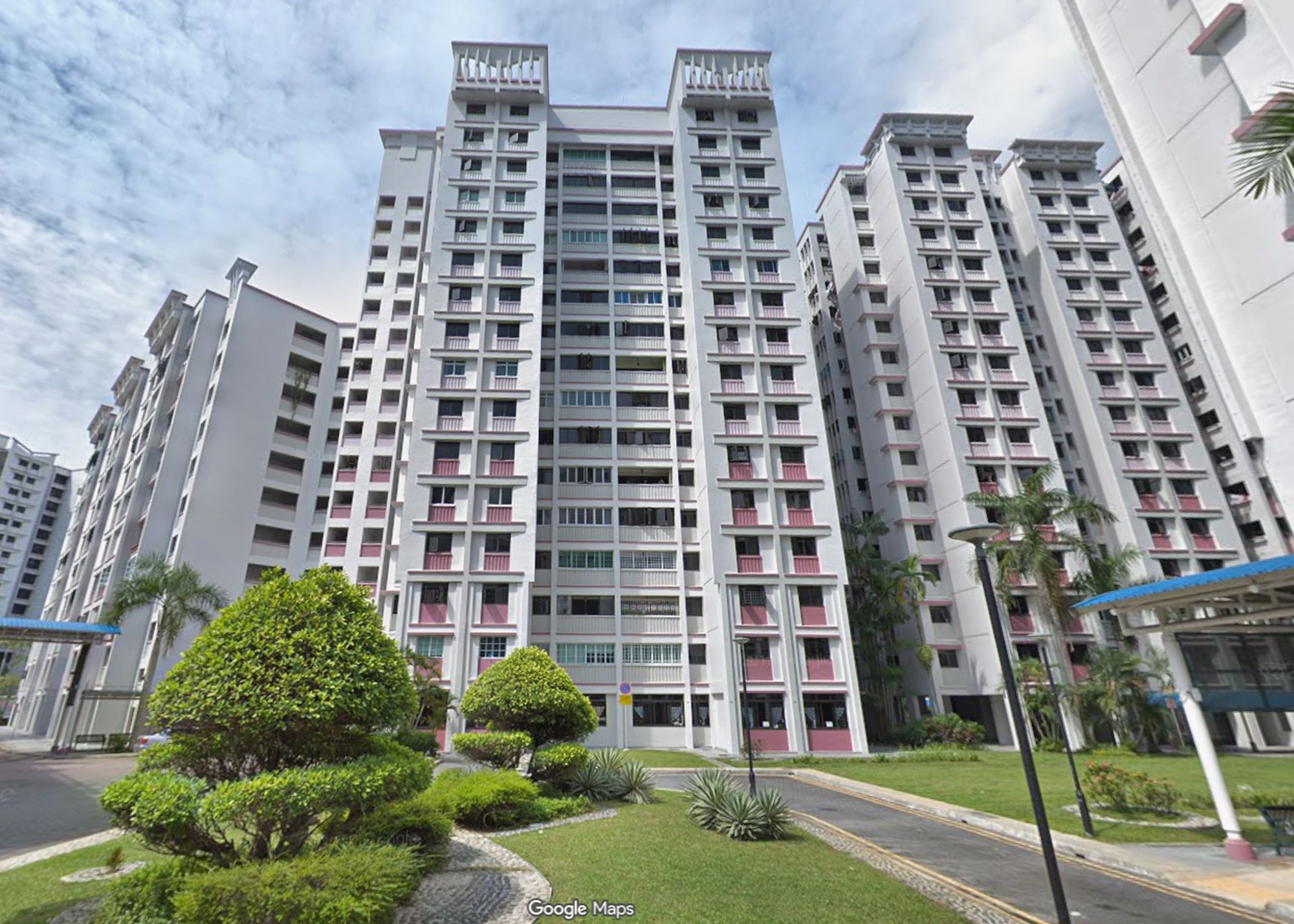
Singapore Property News An Older HDB Executive Maisonette Just Sold For $1.07M — And It Wasn’t In A Mature Estate
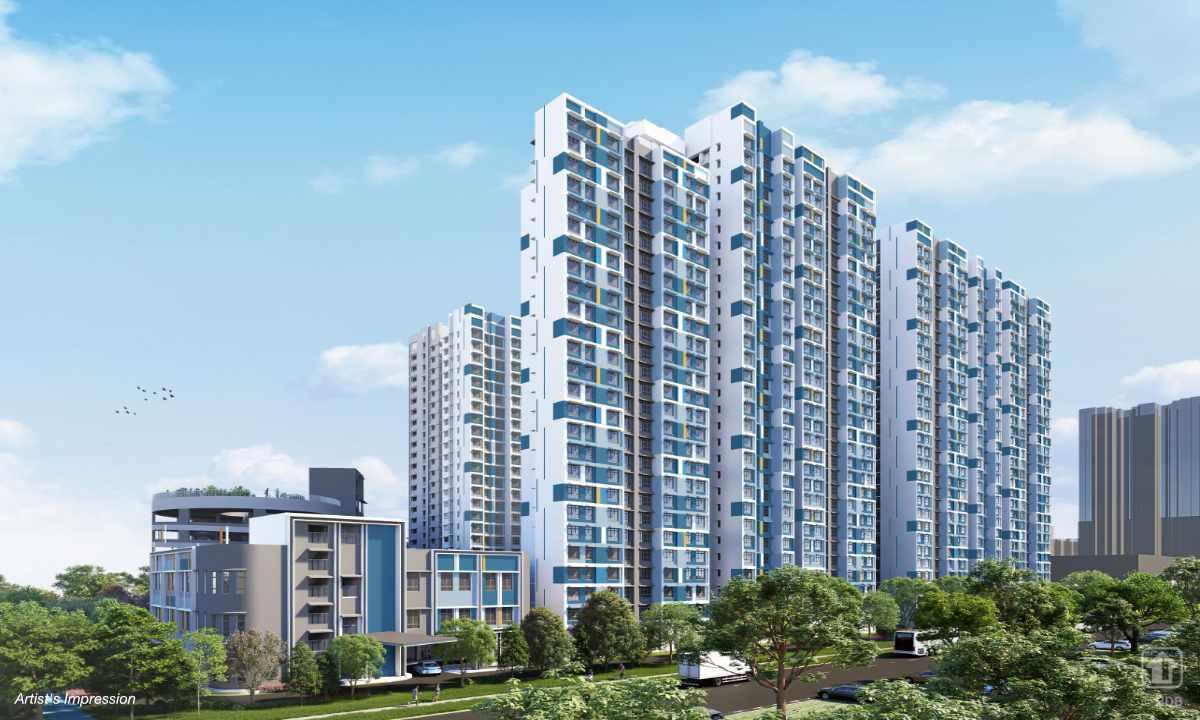
Editor's Pick Why The Feb 2026 BTO Launch Saw Muted Demand — Except In One Town
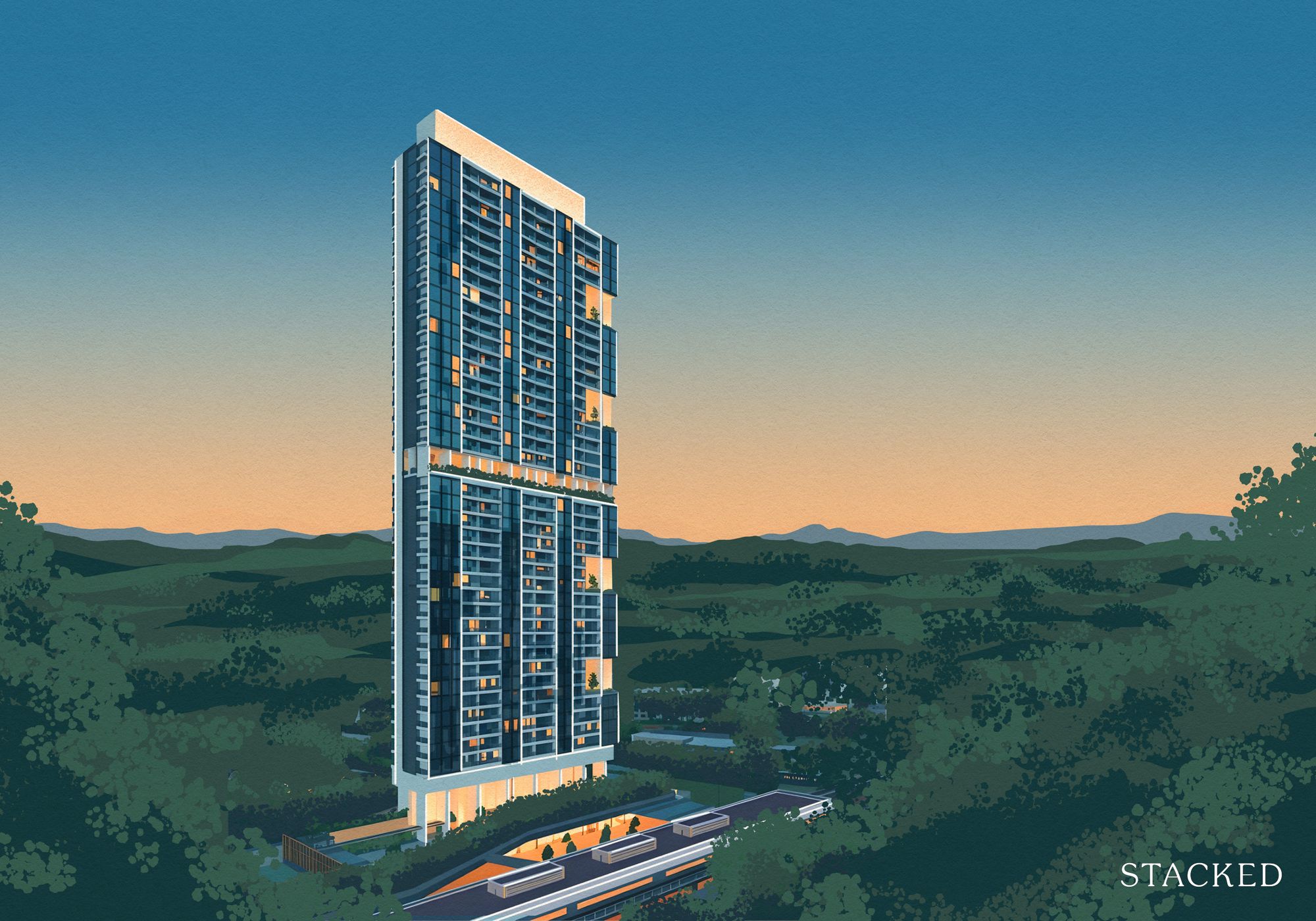















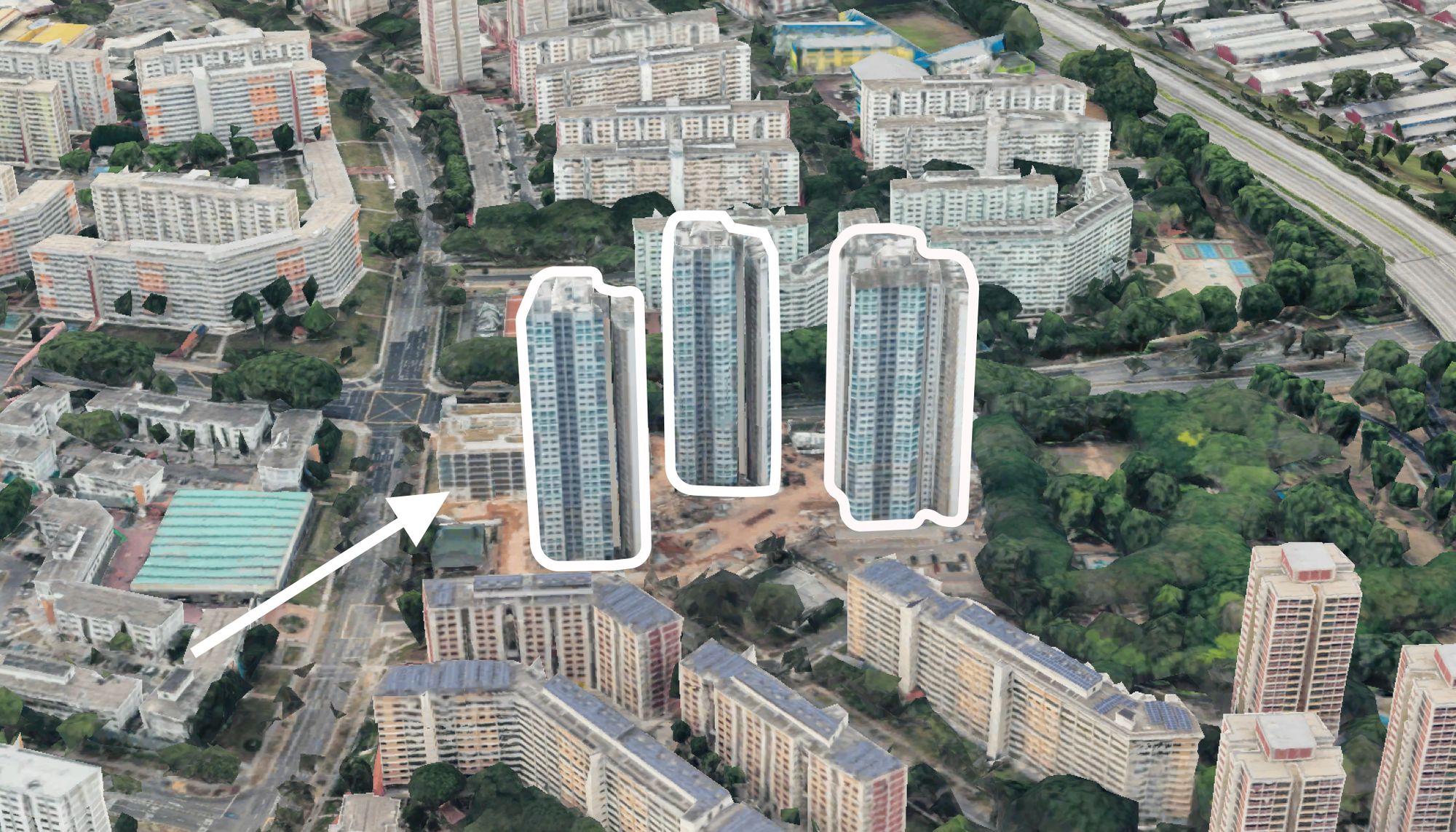
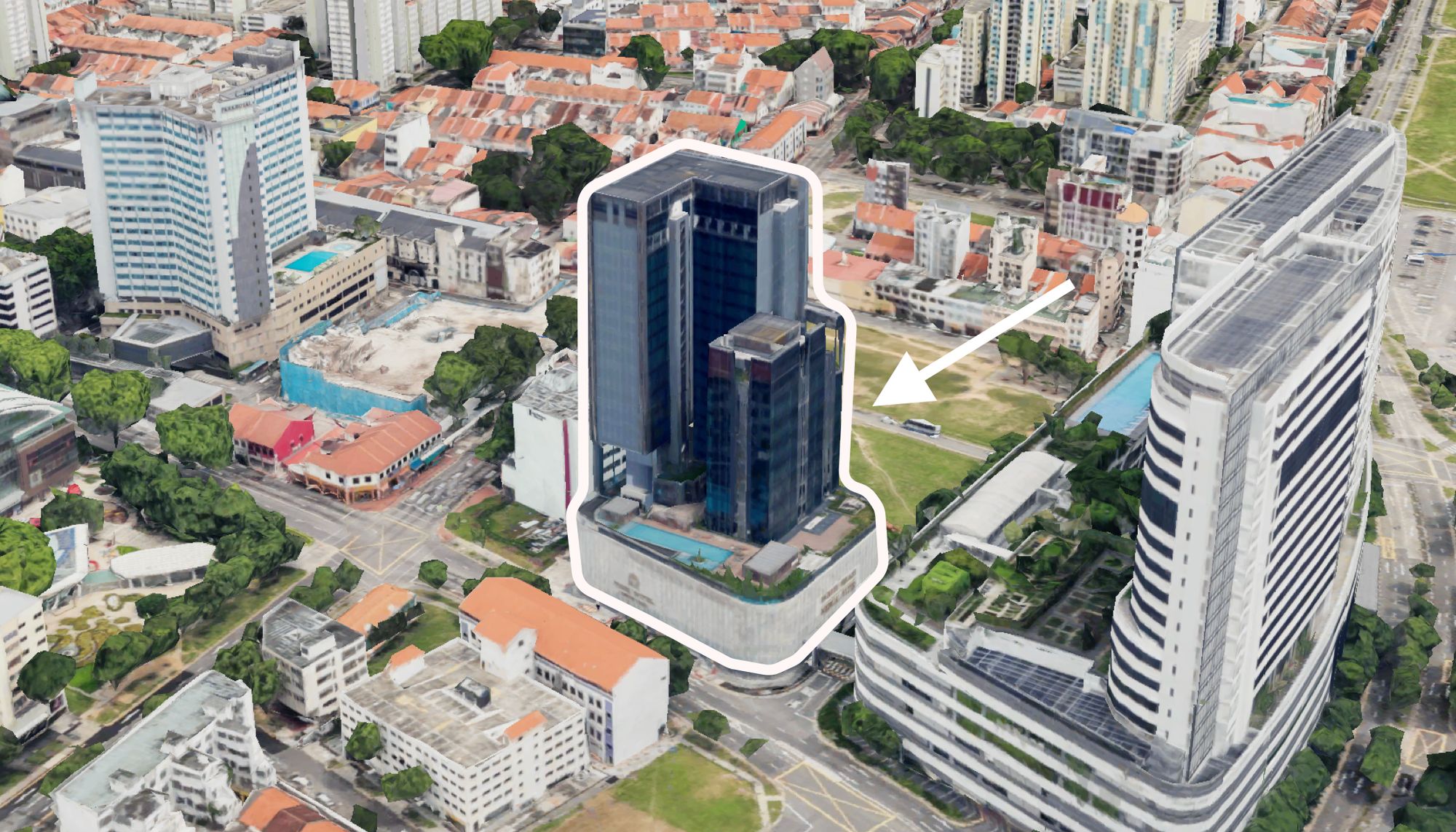












0 Comments